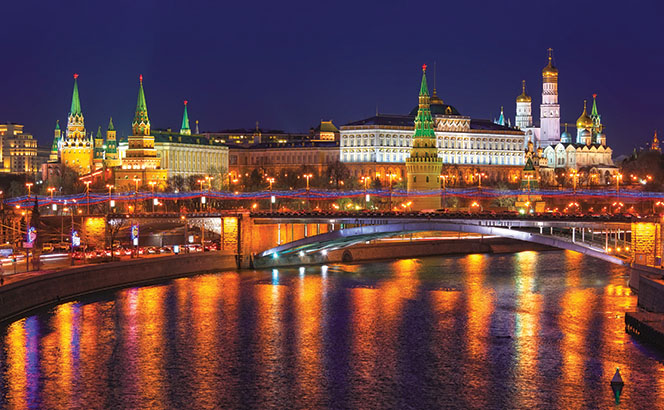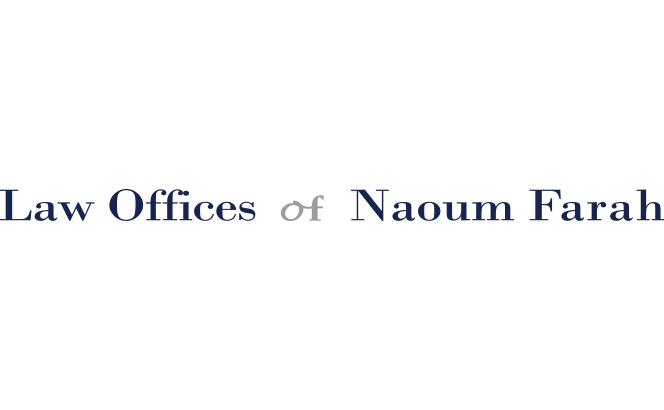
While their transactional colleagues in Moscow are suffering, the current sanctions on Russia have been a boon to trade and sanctions lawyers, who are fielding countless enquiries from Russian and international clients. The fact that the sanctions are so multi-layered, leaving plenty of scope for interpretation, has increased the demand, particularly when it comes to deciding what constitutes a controlling stake in a company, something that was relevant to the designated Russian individuals who were named in the first few rounds of sanctions and who owned stakes in many different companies. This uncertainty has, in many respects, been more damaging to Russian business than the sanctions themselves, something that the US authorities were fully aware of when they rolled them out.
‘I spoke with US officials on behalf of certain clients and said to them that greater precision in the sanctions-related announcements could make it easier for the US companies to comply,’ says Jeremy Zucker, co-chair of Dechert’s international trade and government regulation practice. ‘On multiple occasions, the US officials responded that the imprecision was deliberate because the uncertainty it develops among American industry leads to greater pull-back from Russia than is actually required by the sanctions themselves. As with a blanket ban, greater precision would remove much of that element of choice.’









